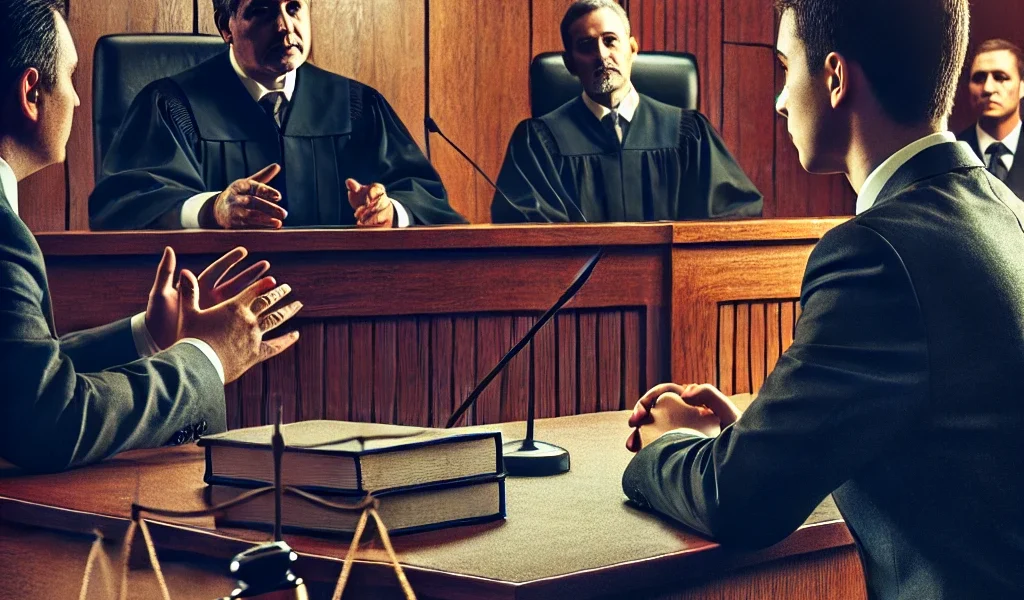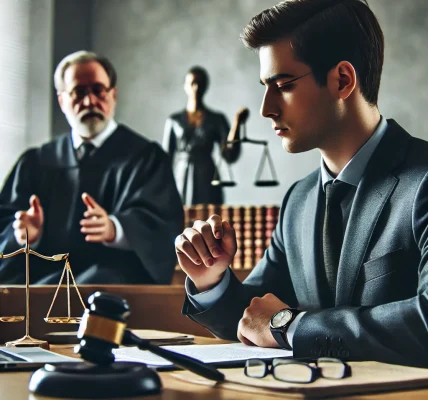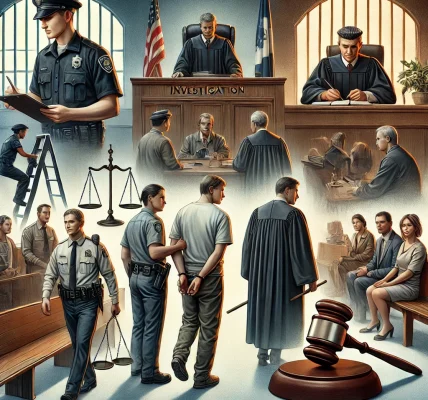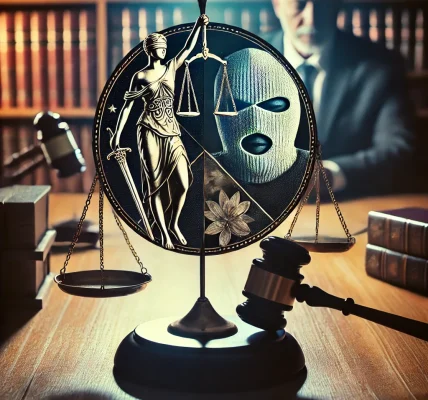Introduction
Witnesses play a crucial role in the criminal justice system, often acting as key players in the resolution of cases. Their testimonies can significantly impact the outcome of trials, helping to determine whether the defendant is guilty or innocent. However, being a witness in a criminal case comes with both rights and responsibilities that must be understood clearly to avoid legal complications. This article explores the essential aspects of witnesses’ roles in criminal cases, their rights, responsibilities, and how to protect oneself from potential legal pitfalls.
What is a Witness in a Criminal Case?
In the context of a criminal trial, a witness is any individual who is called upon to provide testimony regarding facts relevant to the case. This testimony may involve direct observation, knowledge of specific events, or the provision of expert opinions that help the court understand the circumstances surrounding the crime. Witnesses can be categorized into two main types:
- Lay Witnesses: These are individuals who testify based on their direct observations or experiences regarding the events in question. For example, someone who saw the crime being committed or heard relevant conversations can serve as a lay witness.
- Expert Witnesses: These witnesses possess specialized knowledge in a specific area, such as forensics, medicine, or psychology. Their role is to explain technical details to the jury that laypersons may not easily understand.
The Importance of Witnesses in Criminal Trials
Witnesses hold immense power in influencing the direction of a criminal trial. Their accounts, whether they involve seeing the defendant at the crime scene or giving expert testimony about physical evidence, can help clarify the truth and guide the jury’s decision. Without witnesses, many criminal cases would have little or no evidence, making it difficult for prosecutors or defense attorneys to present a compelling argument.
Furthermore, witnesses can help in:
- Establishing the Facts: Whether a witness provides an alibi for the defendant or offers critical details about the crime, their testimony can either strengthen or weaken the case.
- Corroborating Evidence: Testimonies from multiple witnesses who corroborate physical or forensic evidence can strengthen the case, as their accounts add credibility.
- Preventing Wrongful Convictions: Witnesses often play a pivotal role in uncovering facts that prevent innocent individuals from being convicted for crimes they did not commit.
Rights of Witnesses in Criminal Cases
Witnesses are not without rights in the criminal justice system. These rights ensure that their safety, privacy, and well-being are protected throughout the process. Key rights of witnesses include:
- The Right to Protection: Witnesses have the right to be protected from retaliation, intimidation, or harm due to their involvement in a criminal case. This protection can take the form of witness protection programs or other measures to ensure the safety of the individual and their family.
- The Right to Legal Counsel: While witnesses do not have the same legal rights as the defendant, they have the right to legal counsel if needed. This helps witnesses understand their role and responsibilities, particularly when it comes to providing testimony.
- The Right to Be Informed: Witnesses have the right to be informed of the nature of the proceedings and how their testimony will be used. This ensures that they are not caught off-guard and can prepare adequately.
- The Right to Be Heard: A witness has the right to testify in court. This right ensures that their perspective is considered and that they are not coerced or intimidated into remaining silent.
- The Right to Privacy: In certain cases, witnesses may be allowed to testify behind closed doors or via video link if revealing their identity or location could put them in danger.
Responsibilities of Witnesses in Criminal Cases
Along with their rights, witnesses also have specific responsibilities in criminal cases. These responsibilities ensure the integrity of the legal process and the accurate presentation of facts.
- Duty to Tell the Truth: The most important responsibility of a witness is to provide truthful testimony. Lying or providing false information can lead to charges of perjury, which can result in criminal penalties.
- Cooperation with Legal Authorities: Witnesses must cooperate with law enforcement and legal professionals when asked to provide evidence or testify. This includes responding truthfully to questions during depositions and court hearings.
- Availability for Testifying: Witnesses are required to attend court hearings and trials when summoned. Failure to appear can result in legal consequences, including contempt of court charges. If unable to attend due to valid reasons, the witness must inform the court and provide a valid excuse.
- Respect for Legal Processes: Witnesses must respect the legal processes and remain impartial. They should avoid discussing the case with others or attempting to influence the testimony of other witnesses.
- Confidentiality: Some cases may involve sensitive information. Witnesses should avoid disclosing details of the case to the public or through social media, as this could interfere with the fairness of the trial.
How to Protect Yourself as a Witness
While being a witness is an important civic duty, it’s essential to take steps to protect yourself from potential legal pitfalls. Here are some tips for safeguarding your rights and responsibilities:
- Consult with an Attorney: If you are unsure about the process or your rights, consider consulting with an attorney who can guide you through the legal intricacies.
- Avoid Involvement in Legal Issues: Stay clear of situations where you could become involved in a legal case unintentionally. Ensure that you have clear and factual knowledge if you’re called to testify.
- Know Your Rights: Familiarize yourself with your rights as a witness to ensure you’re aware of the protections available to you, particularly regarding safety and privacy.
- Be Honest: Always tell the truth, as providing false testimony could lead to severe legal consequences.
- Respect Legal Boundaries: Follow court orders and avoid discussing the case with anyone who is not involved in the legal process.
Consequences of Failing to Fulfill Your Duties as a Witness
Failing to fulfill your responsibilities as a witness can have significant legal consequences. Common penalties include:
- Contempt of Court: If a witness refuses to testify or fails to appear in court, they may be held in contempt of court and fined or jailed.
- Perjury Charges: Providing false testimony under oath is considered perjury, which is a criminal offense that can lead to fines and imprisonment.
- Intimidation or Retaliation: If a witness is found guilty of trying to intimidate or influence another witness, they may face criminal charges.
Conclusion
Witnesses play an indispensable role in the criminal justice system, providing valuable insight into the facts of a case. While their involvement can help deliver justice, it is vital to understand the rights and responsibilities that come with being a witness. By protecting their rights, being honest, and respecting the legal process, witnesses can contribute to the fair and accurate resolution of criminal cases while avoiding legal complications.




